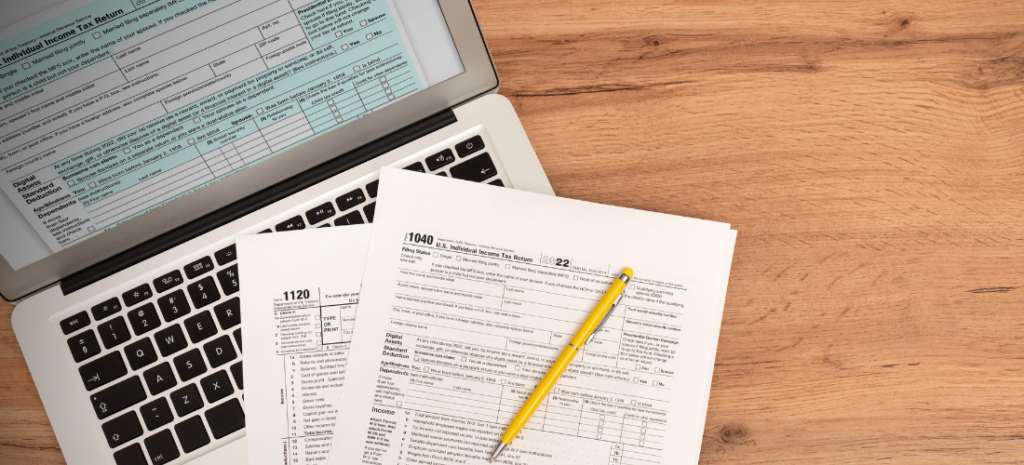
Cash PIT - The Finance Ministry wants to introduce cash PIT on a voluntary basis, starting January 1, 2025. A draft law introducing cash PIT has gone to inter-ministerial consultation.
According to the draft, a taxpayer will be able to settle PIT on a cash basis if:
- income from self-employment in the year immediately preceding the tax year did not exceed the equivalent of 250,000 euros,
- does not keep books of account in connection with his business activity,
- submits to the head of the tax office a written statement on the choice of the cash method by February 20 of the tax year, and in the case of a taxpayer starting business activity during the tax year, by the 20th day of the month following the month of commencement.
Cash PIT will be available to entrepreneurs who settle income tax:
- according to the tax scale (Article 27 of the PIT Act),
- IP BOX (art. 30ca of the PIT Act),
- flat tax (art. 30c of the PIT Act),
- lump sum tax from registered income,
- the solution will be available to individuals earning income from self-employment.
The right to cash PIT will not be available to persons conducting business activities, such as in the form of a civil partnership or general partnership.
Assumptions of the act:
- entrepreneurs will pay PIT only upon actual receipt of payment for goods issued or services rendered, and will deduct tax-deductible expenses on the date of payment for goods received or services rendered,
- income will arise on the date of payment of the amount due, including partial payment (advance payment, prepayment, instalment),
- after two years, the taxpayer will be obliged to recognize income from business activity, even if he does not receive payment from the contractor for the goods issued or services performed (the deadline is calculated from the date of issuance of an invoice, bill or conclusion of an agreement,
- the taxpayer will be able to recognize depreciation write-offs as deductible expenses even if he has not yet paid, e.g., for the fixed asset on which he makes these write-offs,
- cash PIT will apply only to transactions between entrepreneurs (an entrepreneur will recognize revenue and deductible expenses on a cash basis when another entrepreneur is a party to the transaction),
- cash PIT will apply only to transactions documented by invoices,
- the entrepreneur's use of cash PIT will not affect the manner in which his contractors settle income tax,
- the chosen method will have to be used throughout the whole year - even if the entrepreneur closes, for example, one business in April and opens another in July,
- the loss of the right to cash PIT due to exceeding the limit, will occur only from the beginning of the next tax year.
Cash PIT - pros and cons after the implementation of the amendments to the Personal Income Tax Act:
- the liquidity of small and medium-sized enterprises will be improved,
- the change will allow tax payments to be delayed until receivables are received from contractors,
- entrepreneurs who choose the cash method for PIT settlements will have to apply this principle also when deducting expenses, which means that when calculating the tax base, they will be able to include only those invoices that they have paid. Consequently, each invoice: revenue and expense invoices will have to be checked against the bank account. It will be necessary to adapt accounting systems to the new way of accounting,
- accounting offices will be able to debit costs only on the basis of a well-described bank statement by the entrepreneur, and not, as now, on the basis of delivered invoices (it will be easier to make mistakes in settlements),
- after two years, counting from the date of issuing an invoice, bill or conclusion of a contract, the taxpayer will be obliged to recognize income from business activity, even if he does not receive payment from the contractor for the goods or services performed.
The analysis of the assumptions of the cash PIT raises an important question:
If the cash method were introduced in PIT, would it not also be available for corporate income tax?
Many CIT-paying companies have lower revenues than some PIT-paying entrepreneurs, so the criterion of the amount of business income may be unfair.


